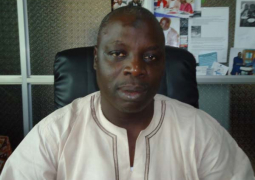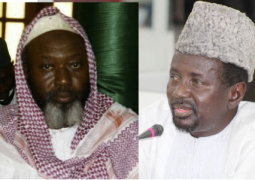Sometimes greed is responsible for this situation. At other times, the situation is not far removed from self-perpetuation on the part of political leaders, or poor governance.
Statistics have shown that African countries are prone to wars for reasons pretty similar to those that make them prone to coups.
Once a country is shackled into this situation, development does not seem to matter any longer.
That is why
Africa does not have peace, because it is
Our focus today is the Africa Progress Report released last week, which among others revealed that tax avoidance, secret mining deals and financial transfers are depriving
Headed by former UN Secretary General, Kofi Annan, the report is produced every May by a panel of 10 prominent figures, including former Nigerian President Olusegun Obasanjo and Graca Machel, the wife of South African ex-President Nelson Mandela.
Firms that shift profits to lower tax jurisdictions cost
“
African countries needed to improve governance and the world’s richest nations should help introduce global rules on transparency and taxation, Mr Annan said.
“Transparency is a powerful tool,” he said, adding that the report was urging African leaders to put “accountability centre-stage”.
Mr Annan said African governments needed to insist that local companies became involved in mining deals, and manage them in “such a way that it also creates employment”.
It is, therefore, incumbent on African leaders to spearhead initiatives designed to take the continent out of this unfortunate and unwarranted situation.
Indeed,
If wars and coups that continue to bedevil the continent can be avoided by observing best practices, promoting human rights and democratic freedoms, then these courses of action should be pursued faithfully and vigorously.
The same course would also point to the attainment of peace and development. The final result will always, however, depend on which way we want to go.
“Each man is the architect of his own destiny”
Appius Claudius Caecus
Read Other Articles In Article (Archive)
10 Years for Rape, Robbery
Oct 20, 2008, 5:35 AM

Health promotion unit intensifies Ebola awareness and a prevention campaign
Sep 8, 2015, 10:30 AM



